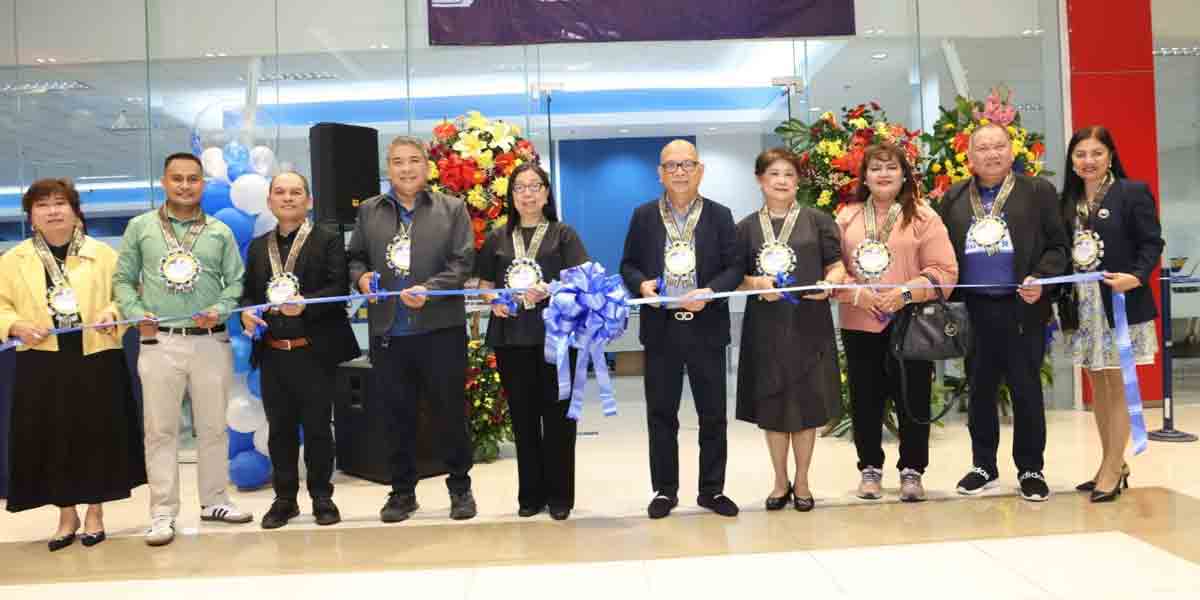 By Dr. Rex Casiple
By Dr. Rex Casiple
In the opening of classes this school year (SY) 2020-2021, around 22.2 million nationwide had enrolled in basic education, mostly in public elementary and secondary schools. The Department of Education (DepEd) is implementing a distance learning approach or a learning delivery mode where interaction takes place between the teacher and the students who are geographically remote from each other during instruction.
Survey showed that 7.2 million enrollees preferred to use modular distance learning, TV and Radio based instructions and other modalities. On the other hand, most of the parents preferred the modular learning system while others preferred blended or a combination of two or more modalities, online learning, educational TV and radio-based instruction.
Modular teaching is noted as an effective teaching-learning process in basic education during this COVID-19 pandemic period. In this teaching approach, students learn at their own pace. They assume responsibility for learning as they know exactly what they have to learn even without the availability of textbooks and other learning materials.
Modules maximize the chances of student’s class participation. It is a unique way of teaching in which teachers should be provided enough training on how to design and implement the use of modules in this pandemic setting which deprives in-person learning. There will be no changes in the subject areas that will be taught for this school year (SY) 2020-2021.
Schools have to adjust what subjects will be taught per month provided all required subjects are covered every grading period. Students’ learning progress will be assessed through summative exercises and performance tasks. The assessment should be more creative and flexible without sacrificing its credibility. There should be a technical working group to develop the modules and test their validity and reliability. According to some teachers, they were the ones developing the modules in addition to their teaching assignments.
The common interruptions in distance-learning mode is poor internet connectivity. Hence, the DepEd is providing students with printed module materials. More than half of the enrollees this year will be using printed modules. Under the pandemic modular learning system, students will be provided sets of self-learning materials (SLMs) for the academic year. These SLMs will be distributed to parents and guardians.
The mothers are known as the first teachers of their children. Some of them are complaining about doing the task of teaching their children. Many confessed that it is difficult for them to encourage their children in answering modules.
One of the mothers in Iloilo City I interviewed said that she has three (3) children to teach every day using modular instruction: one in Kindergarten; one in elementary school; and one in high school. The mother is a graduate of Associate in Hotel and Restaurant Management program in one school in Iloilo City. As a working mother, she’s also doing teaching tasks to her children at home. With this example, it is evident that many of the mothers are teaching subjects not their majors and were not prepared to teach subjects stipulated in the module of their children.
Hence, we cannot deny the fact that the quality of education earned by the student under non-qualified mother-teacher during this time of pandemic may suffer temporarily.
Quality education is for all. Teachers will be more creative in teaching their students in a modular scheme appropriate during this time of pandemic. They have to be lenient in dealing with their students instead of intimidating them with requirements, like having computers, tablets cellphones, or any electronic gadgets which students cannot afford to buy.
School administrators should likewise be lenient enough not to require students with overloaded curriculum or requirements to comply. History showed that in the olden days there were only three areas of competency in elementary school curriculum – Reading, Writing and Arithmetic.






















